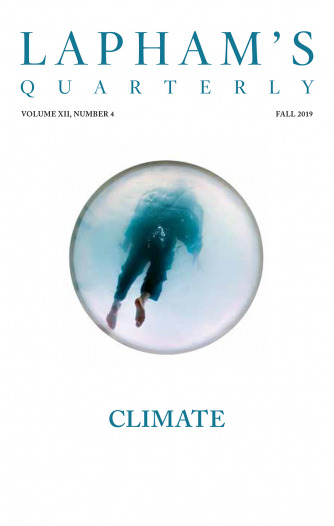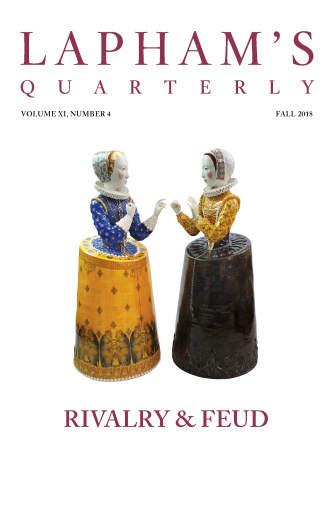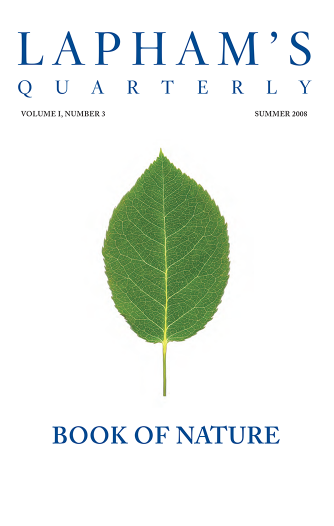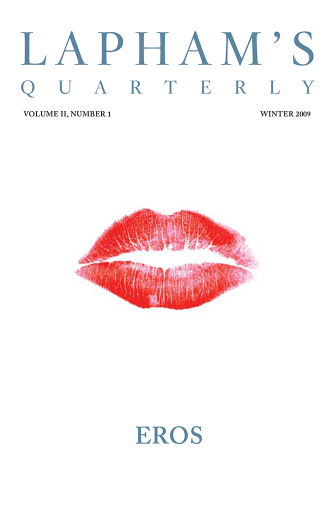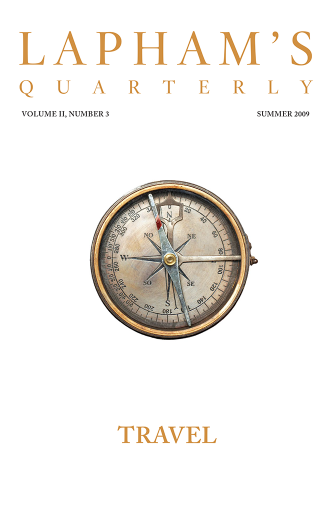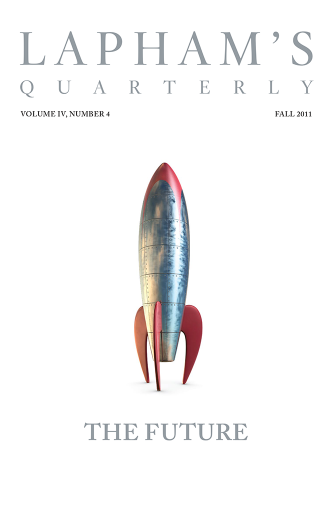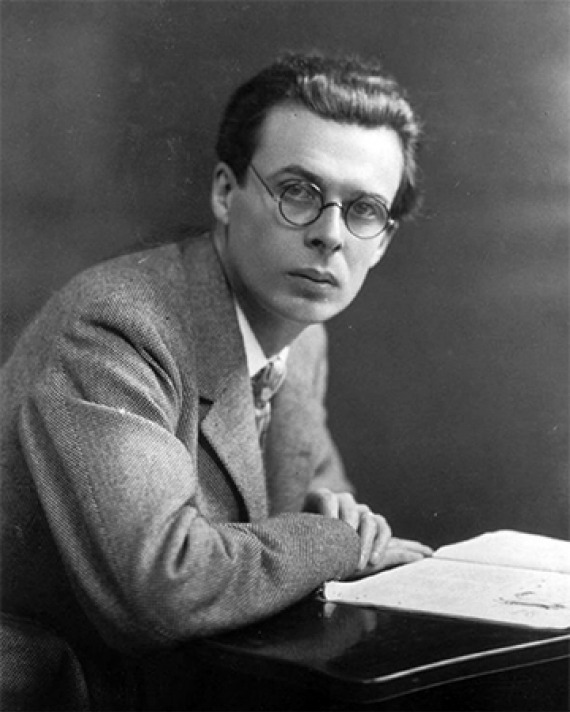
Aldous Huxley
(1894 - 1963)
Aldous Huxley derived the title for his 1932 novel Brave New World from the final scene of The Tempest, when Miranda exclaims, “How beauteous mankind is! / O brave new world! / That has such people in it!” Huxley in 1954 published an account of his experiments with psychedelic drugs, The Doors of Perception, taking this title from a line in William Blake’s The Marriage of Heaven and Hell and later providing Jim Morrison with the name for his band. He died at the age of sixty-nine in 1963, receiving a dose of LSD on his deathbed.
